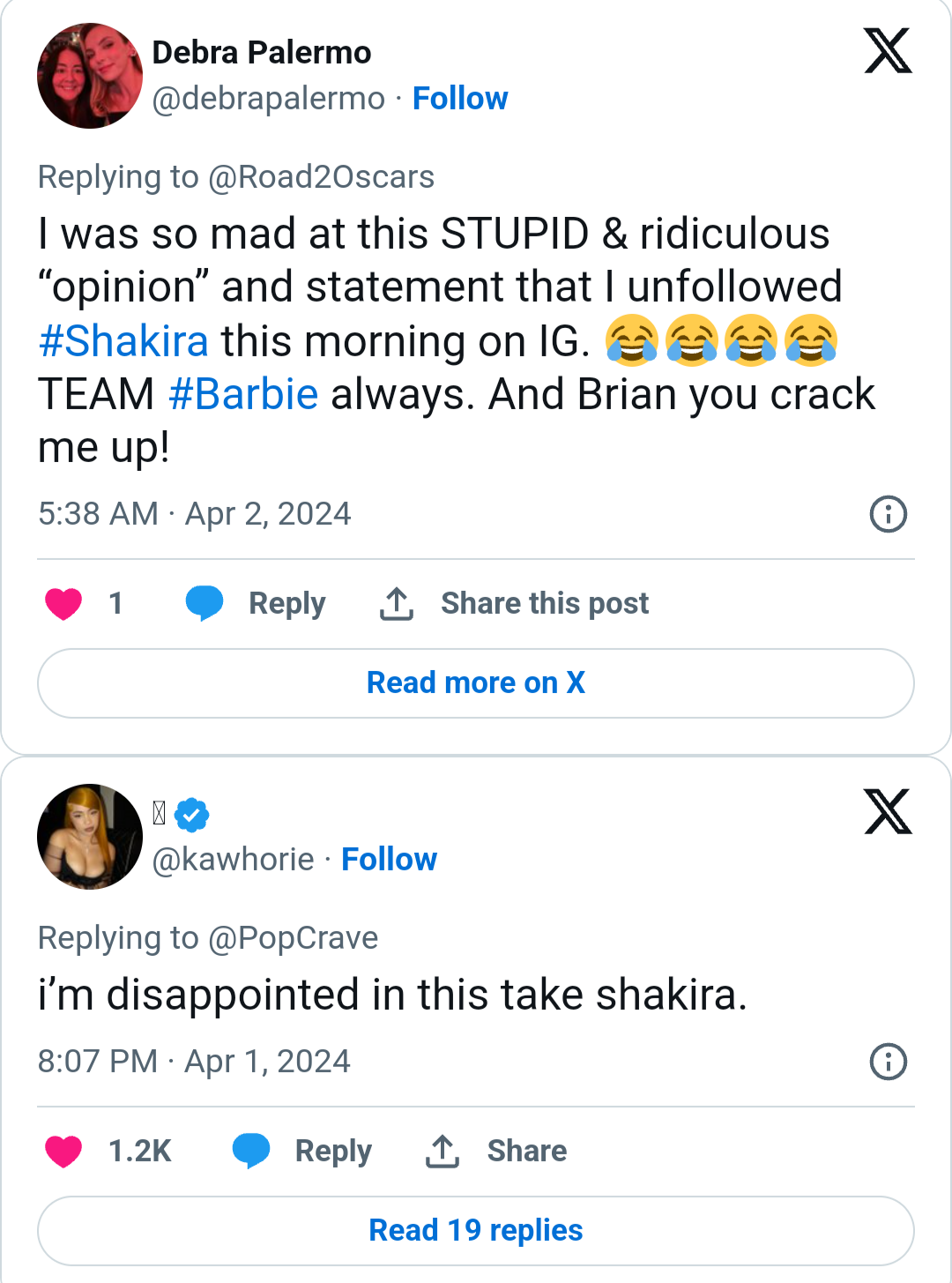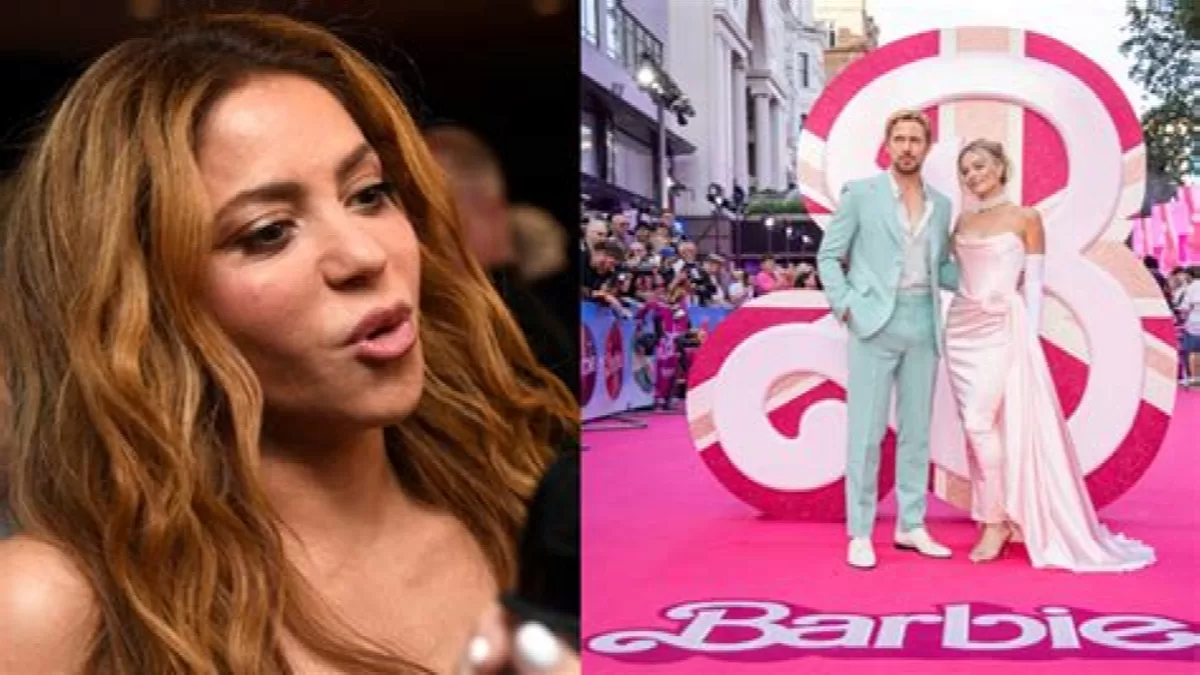Shakira, the renowned pop icon known for her hit “Hips Don’t Lie,” found herself in hot water with her fans recently. The uproar stemmed from her candid comments regarding the movie “Barbie” directed by Greta Gerwig, a film widely celebrated for its feminist undertones.
In an interview with Allure, Shakira shared her thoughts on female empowerment, emphasizing the importance of women embracing their true selves without apology. However, when the topic shifted to the movie “Barbie,” Shakira did not mince words. She expressed that her two sons found the film “emasculating,” a sentiment she partly agreed with.

The Grammy-winning artist elaborated, stating her desire for her sons to feel empowered while still respecting women. She voiced concerns about pop culture’s portrayal of empowerment potentially undermining traditional male roles of protection and provision.
Criticism from Fans
Shakira’s comments did not sit well with many of her fans, who took to social media to express their disappointment and disagreement. Some fans felt that Shakira had missed the core message of the film, which explores how societal expectations and gender norms can be restrictive for both men and women.

One fan tweeted, “I was so mad at this STUPID & ridiculous ‘opinion’ and statement that I unfollowed #Shakira this morning on IG. 😂😂😂😂 TEAM #Barbie always.” Another commented, “She missed the whole point of the film,” accompanied by cry-face emojis.
Understanding the Debate
The debate sparked by Shakira’s comments underscores the ongoing discourse surrounding gender roles, empowerment, and the portrayal of these themes in popular culture. While some applaud Shakira for voicing her concerns about balance and inclusivity, others argue that her perspective overlooks the nuanced exploration of gender dynamics in contemporary media.

Ultimately, the controversy serves as a reminder of the complex and evolving conversations surrounding feminism, masculinity, and the intersection of these concepts in modern society.


